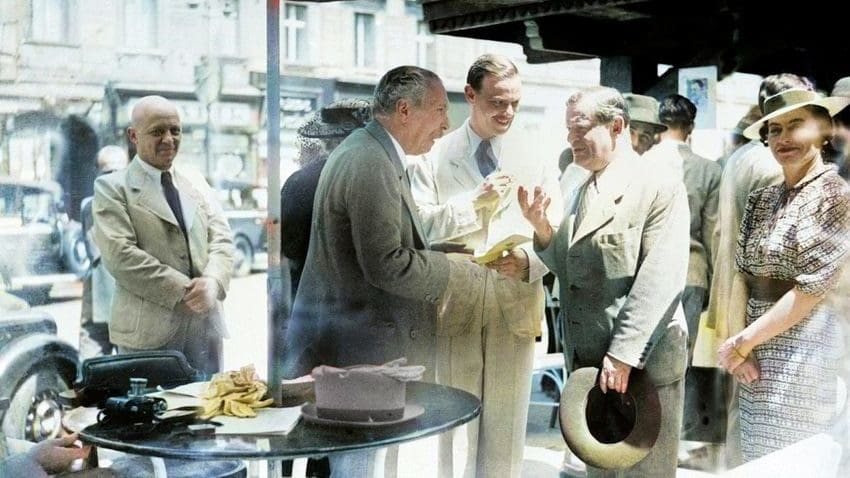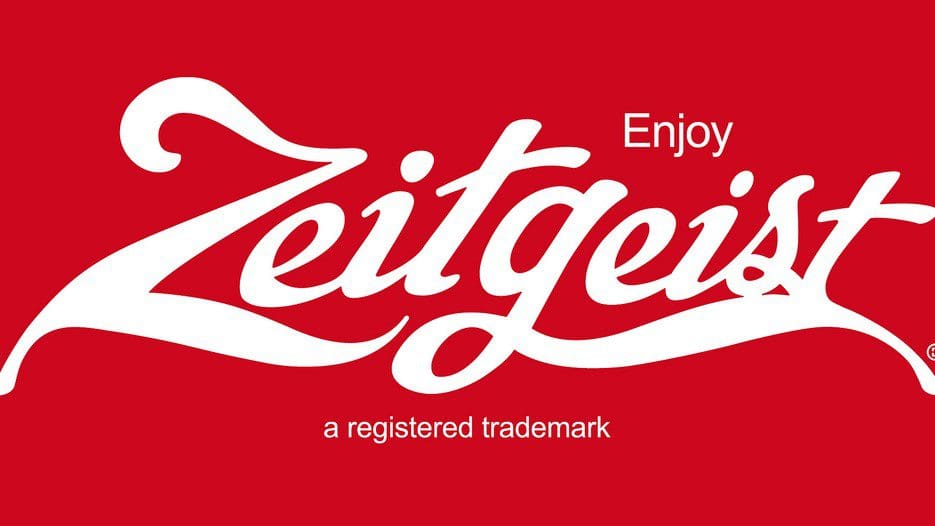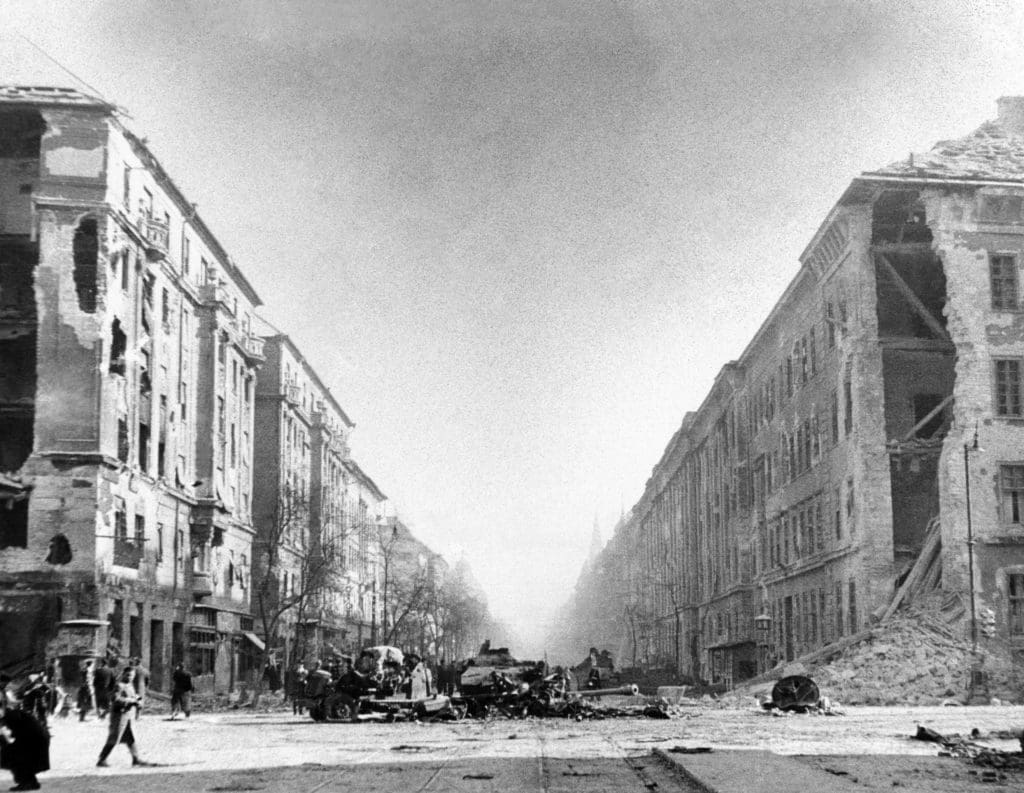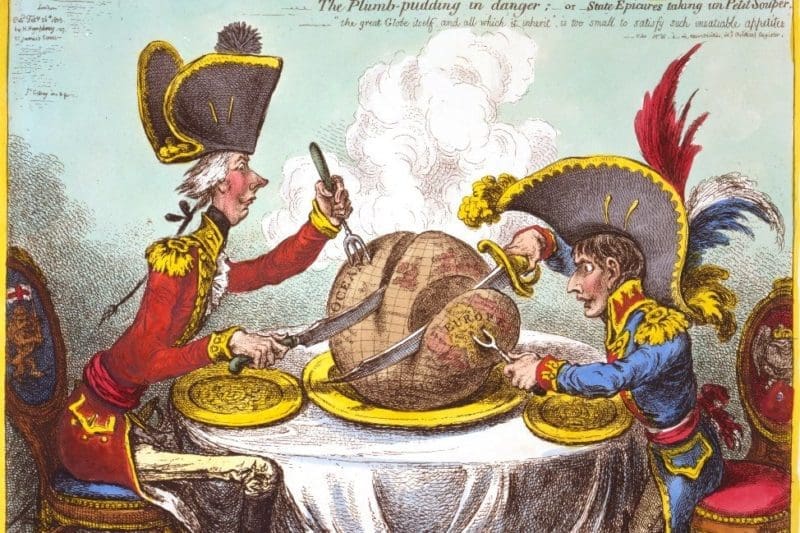
Since the regime change, we have had eight heads of government, of whom only Viktor Orbán has had more than one term. With his current term running until spring 2026, he has every chance of becoming a historical record holder after 16 years in power.

In the third and fourth decades of the 21st century, national–conservative forces will have a chance to end the left-liberal cultural hegemony that has been dominating for a hundred years now. This is where the natural alliance between right-wing party politics and the national intelligentsia takes on historic significance.

In Matolcsy’s understanding, the current debate on the theoretical and practical side of the economy is caused by the difference between ‘the former liberal approach and the currently rising approach based on sustainability’, the contrast of which is compounded by, or more precisely triggered and culminated by, ‘the clash of Western and Eastern, i.e. Asian, positions’. The author clearly takes a stand against Western neoliberalism and is in favour of a Eurasian shift.

Carl von Clausewitz advised that “According to our idea of a people’s war, it should, like a kind of nebulous vapoury essence, never condense
into a solid body; […]. Still, however, on the other hand, it is necessary that this mist should collect at some points into denser masses, and form threatening clouds from which now and again a formidable flash of lightning may burst forth.

Following two decades of Westernization after 1989, the western and central parts of Europe began to drift apart and then to diverge, not without historical precedent.

In the age of soft colonization and hybrid neo-colonialism, the war of independence must be fought in the cultural field in the first place.